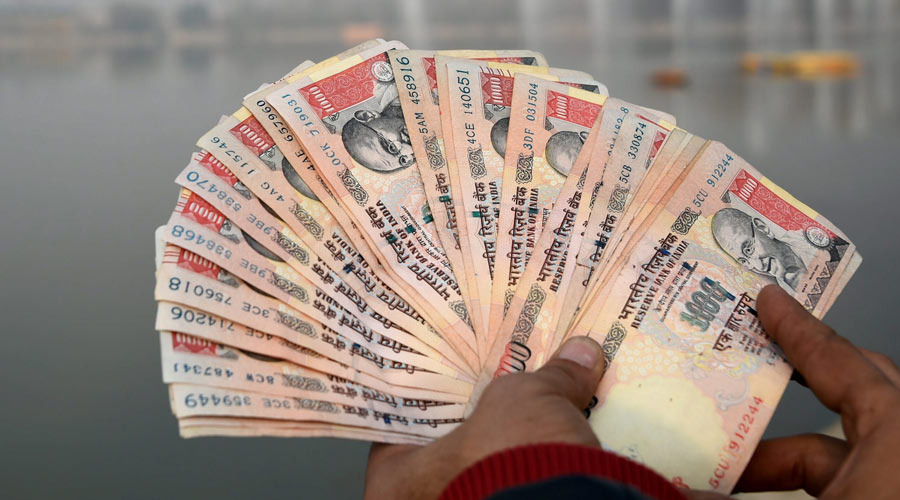6 Years of Demonetization, Computerized Installments On, Yet Cash Not Gone
Categories: News

6 Years of Demonetization, Computerized Installments On, Yet Cash Not Gone
Six years after demonetization, the Bound together Installments Connection point (UPI) and computerized installments have taken off and an enormous segment of metropolitan Indian families are utilizing this method of installment significantly more than they did before 2016, an overview by LocalCircles, a local area online entertainment stage, has uncovered.
Notwithstanding, it likewise added that 44% of those overviewed who purchased property over the most recent 7 years, needed to pay a part in real money.
Demonetization of high worth cash was finished to flush out dark cash available for use and really take a look at the development of the equal economy. Yet, the decision is as yet not satisfactory whether this step has conveyed its objective, the review added.
Individuals are as yet paying or tolerating dark cash in land exchanges, it said. They are as yet selling and purchasing items like equipment, paints and numerous other family and office gear and furthermore conveying administrations without appropriate receipts, the overview called attention to.
However, it likewise underlined that over the most recent six years, more individuals have taken on the computerized installment mode. This shift built up speed during the pandemic when a great many people were housebound and needed to depend on internet-based buys and different exchanges.
The study got north of 32,000 reactions from residents situated in 342 areas of India. They were inquired: When you or your family purchased a property (land, house, level, shop, office, others) over the most recent 7 years, which level of the worth must be paid in real money? Almost 8% of the 11,499 respondents said they had paid more than half in real money; 35% would not reveal; 21% asserted they had paid no money during the exchange; 15% had paid between 30-half of the exchange in real money; 13% had paid 10-30% money and the excess 8% up to 10% of the worth in real money, the review called attention to.